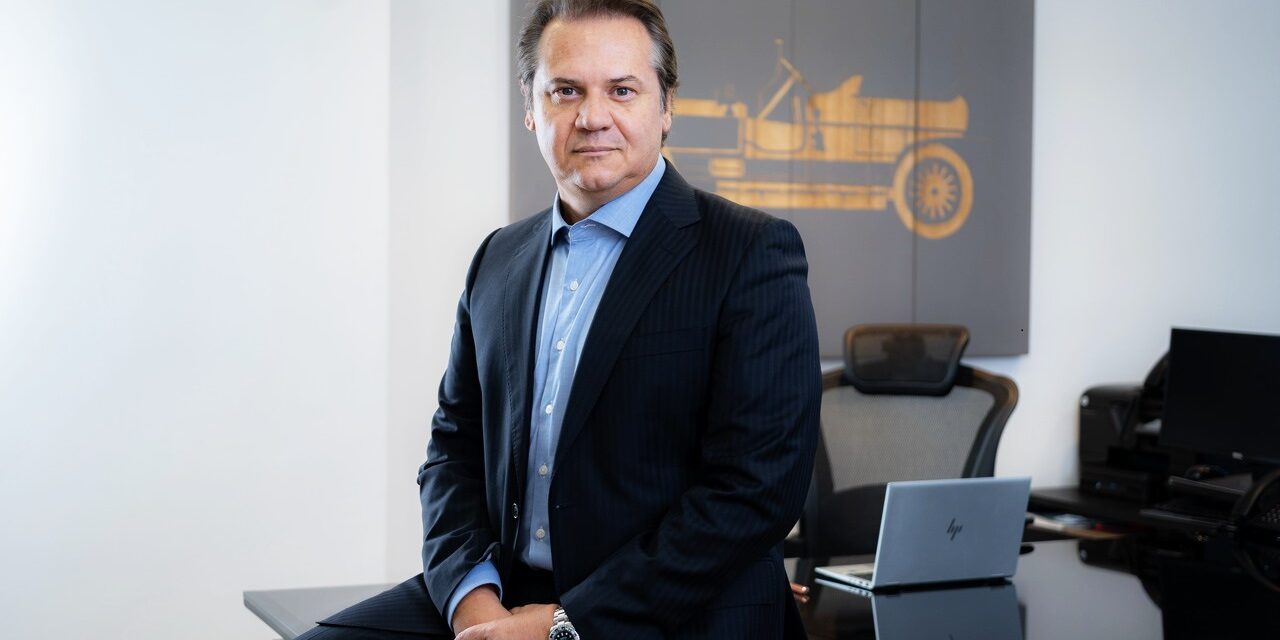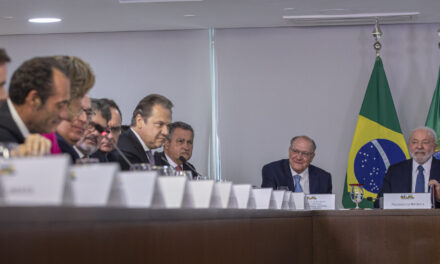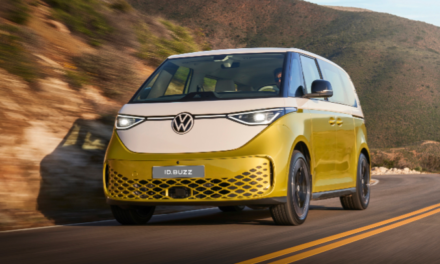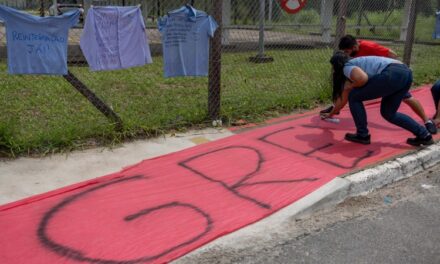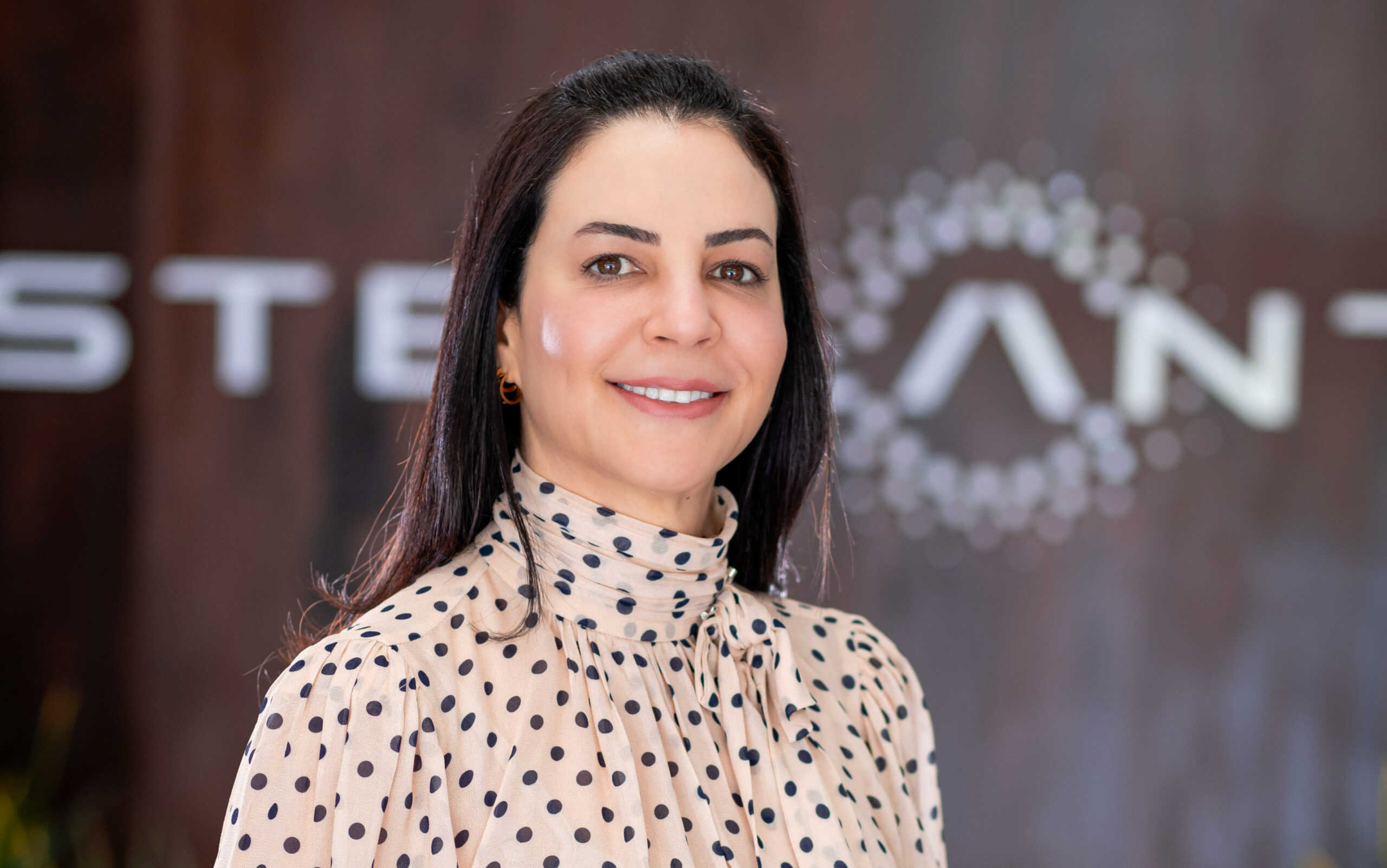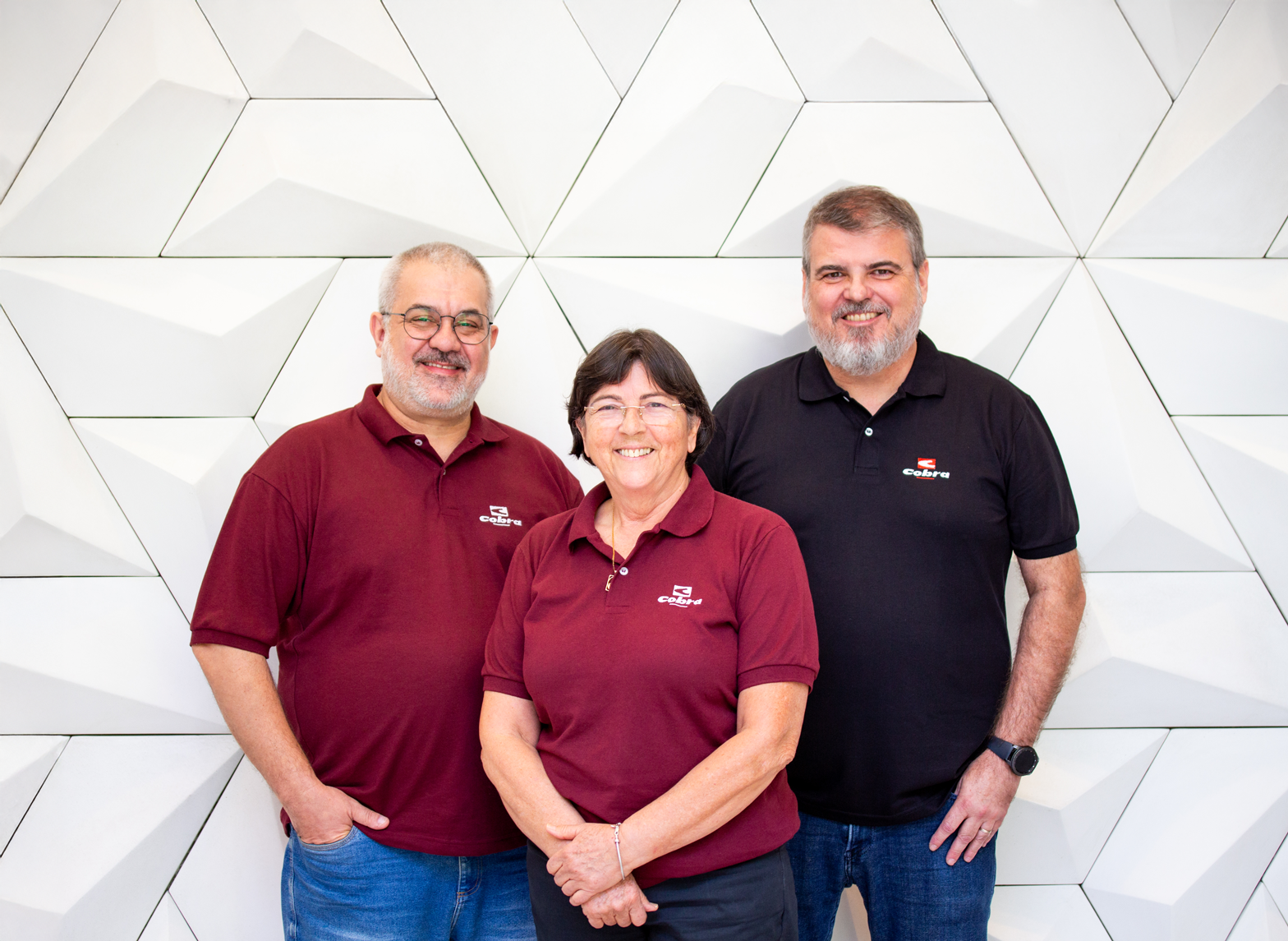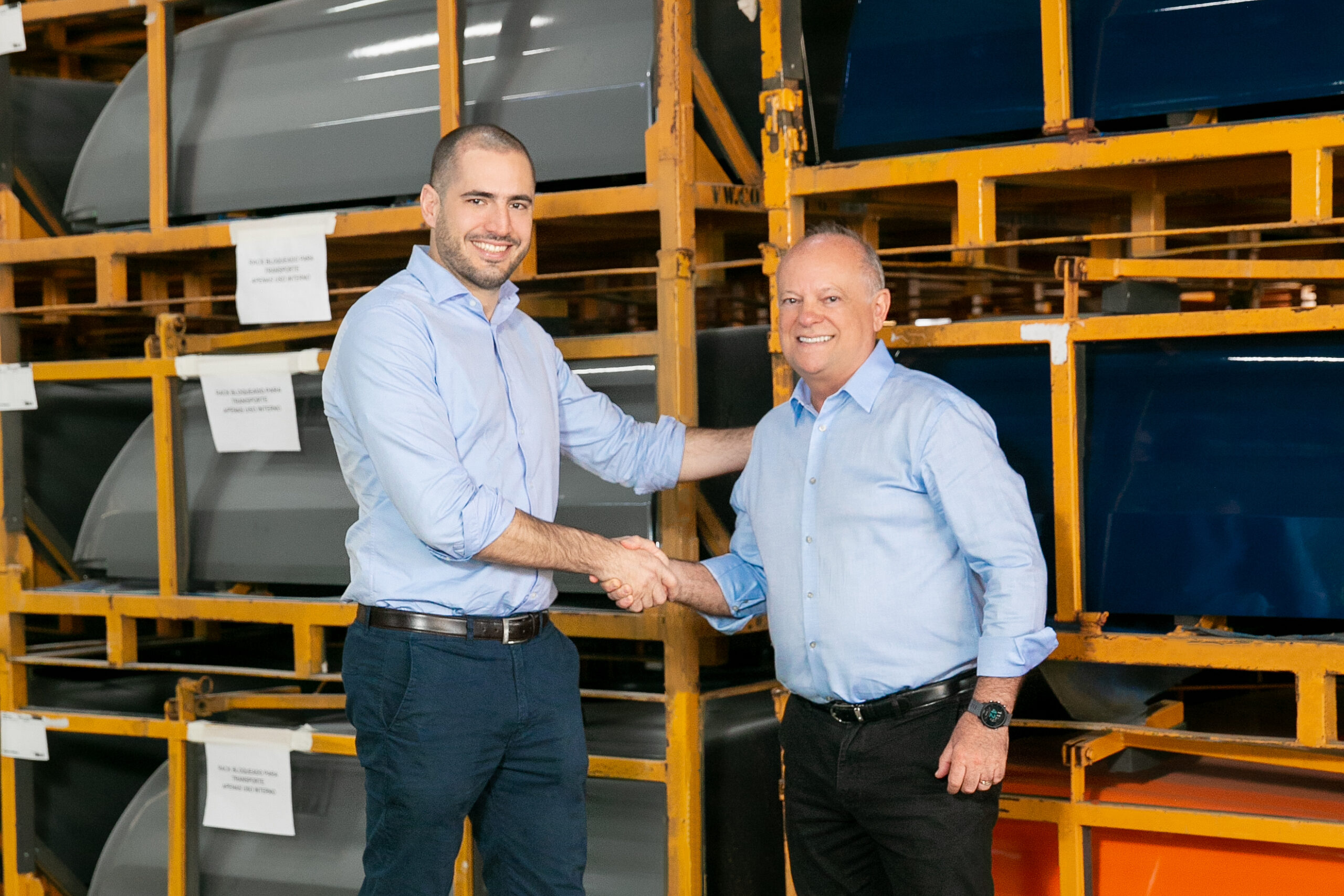By Alzira Rodrigues | 9/5/23 | Translated by Jorge Meditsch
Chinese vehicle sales advance in Latin America has been overwhelming. In one decade, the Chinese vehicle’s share grew from 0.4% to 21.2%, as Brazilian vehicles went from 22.4% to 19.4%. The Asian country already sells more in the region than Brazil.
The information was released this Tuesday, 9/5, by Anfavea’s president, Márcio de Lima Leite. He did not discard a Chinese invasion of the Brazilian market if there is no change in the policy exempting electric and hybrid vehicles from import taxes, no matter where they come from.
“It must be a transition plan. If Brazil does not do its homework, what happened in Latin America will happen here.
Nobody can hold this movement”, said the executive. He admits a Chinese invasion threat despite Brazil being the world’s eighth-largest vehicle producer.
Lima Leite insisted that Anfavea’s position is to defend local production with the same competitiveness as in other countries:
“If there is no previsibility and a chronogram for a gradual return of the Import Tax for electrified vehicles, there will be no interest to invest in making these products here”.
According to Leite, the fact that Brazil has ethanol and invests in local flex-fuel technology isn’t decisive for the Chinese invasion of the region.
“They gained market worldwide, including in Europe”, he said, emphasizing that European manufacturers also lost share in Latin America due to the Chinese advance.
Without mentioning the Chinese BYD and GWM that have broke consecutive records in electrified sales in the country, Anfavea’s president said he is sure that Brazil become the focus for the Asian country manufacturers.
“We do not want to impose barriers, but it is impossible to maintain incentives that reduce our competitiveness even more”.
- Fora do Top 5 do atacado, Creta é líder no varejo em 2024 - 19 de novembro de 2024
- Locadoras garantem alta no mercado automotivo em novembro - 18 de novembro de 2024
- Importações da China elevam déficit comercial das autopeças brasileiras - 18 de novembro de 2024

